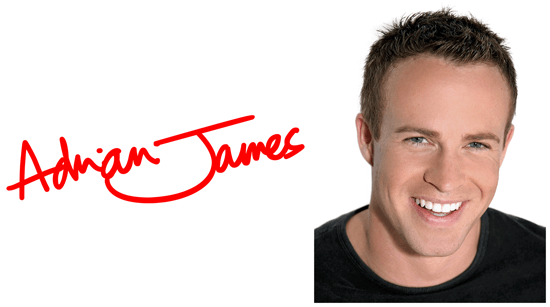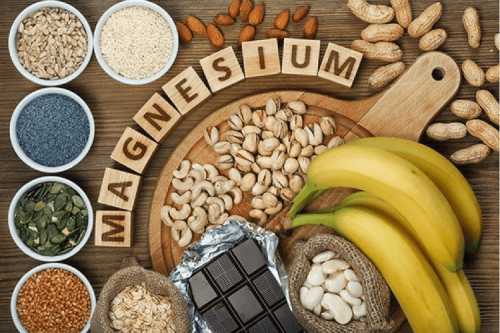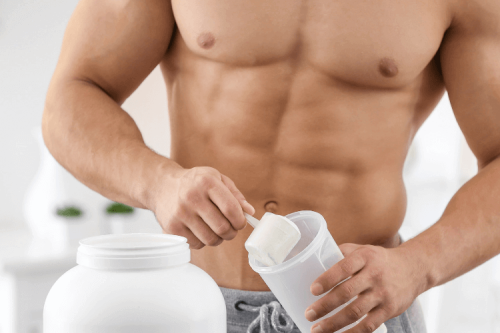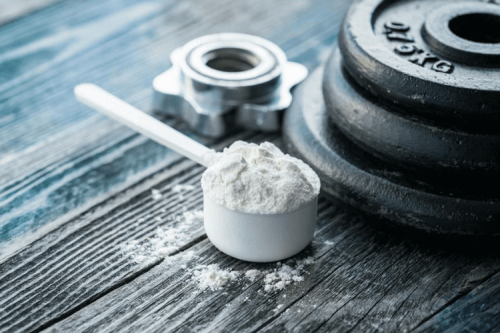The human body needs vitamins and minerals, that’s a given; but it needs some more than others. In terms of importance, zinc occupies the top half of the league table, playing a key role in a number of crucial body functions. The trace mineral is involved in cell growth and division, wound healing, immune function, hormone regulation, the breakdown of nutrients from food and even our sense of smell and taste. It doesn’t matter how “clean” your diet purports to be – if it’s missing zinc, you’re doing it wrong.
What does zinc do?
Zinc’s list of duties runs to some length: think of the mineral as a nutritional do-gooder, always getting its hands dirty to keep the body running like clockwork. From the moment we’re born – and in fact even during pregnancy – zinc is required for our development; the body needs it to manufacture proteins and DNA, and it in turn helps bolster the immune system, better equipping it to combat invading bacteria and viruses. It is for this reason that zinc appears in a number of over-the-counter medicines – lozenges and nasal sprays for instance. It’s also a staple ingredient of multivitamin and mineral supplements.
Perhaps unsurprisingly given its myriad roles, zinc is found in cells throughout the whole body and not getting enough can have serious implications. Symptoms of zinc deficiency include sensory problems – such as with taste and smell – stunted growth (yep, zinc deficiency is a gain drain), slow-healing wounds, loss of hair and frequent infections.
Food sources of zinc
The good news is that, unlike vitamin D, zinc isn’t too tricky to come by. Most animal proteins (beef, lamb, chicken, fish) contain healthy amounts of it, while nuts, legumes and whole grains are excellent vegetarian sources. With that said, vegetarians generally need around 50% more zinc than meat-eaters. This is because zinc from plant sources is less easily absorbed.
Because the human body is incapable of storing zinc long-term, we must continually rely on our diet to sustain the aforementioned functions of the body.
How much zinc do I need?
The daily recommended zinc intake for men (aged 19-64) is 9.5mg, while for women it’s 7mg. While it’s certainly possible to digest all the zinc you need by eating a sensible diet, those who swear off meat must be a little more proactive to hit their daily target.
Health Whey is a high-quality whey protein supplement fortified with a number of important vitamins and minerals – including zinc. Included for its ability to enable muscle growth by assisting the process of protein synthesis, zinc works alongside other valuable nutrients such as vitamin D and magnesium, providing targeted nutrition to boost athletic and overall performance.
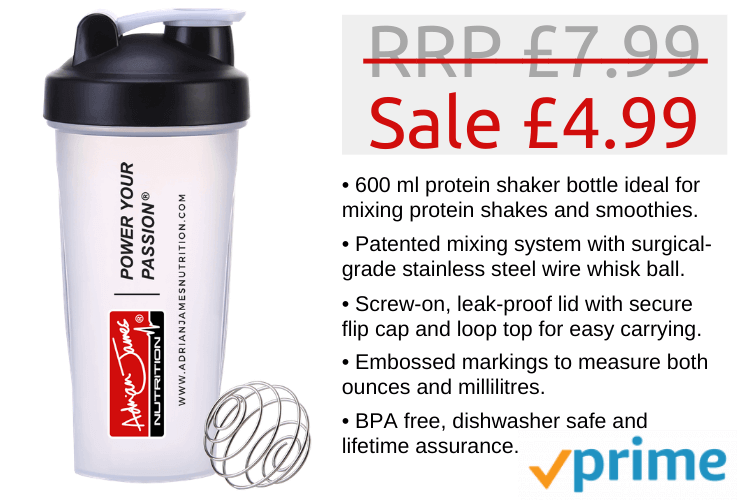

Zinc may appear last in an A-to-Z of minerals, but it’s utterly essential. If you want to stay healthy, make sure you don’t miss out.
